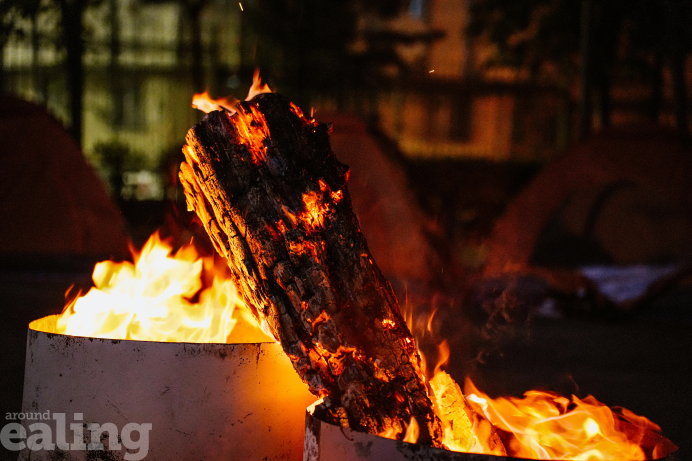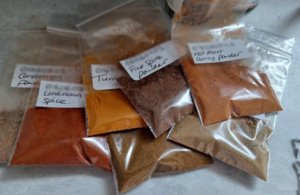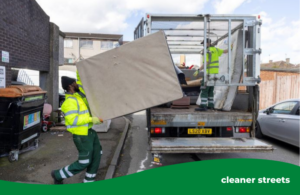With the colder nights upon us, you might be thinking about cosying up by a fire, but do you know much about the effects of wood burning?
Wood burners in the home are a big cause of particulate matter pollution – tiny particles suspended in the air – totalling 15% of the capital’s particulate air pollution alone.
Ealing Council is encouraging residents to avoid using wood burners in their homes unless absolutely necessary. Did you know that, contrary to popular belief, wood burners are less efficient and more expensive than gas boilers?
They are also linked to increased risk of lung cancer, asthma, and other respiratory diseases. Wood burning causes 284 avoidable deaths in London each year, according to research from the London Wood Burning Project.
Monitor your impact
If you are concerned about the air that you and your loved ones breathe, getting the information you need can take the stress off. The council’s website, ‘Clean Air Ealing’ now offers additional features including alerts for forecasts and elevated air pollution levels.
With these new features, you will receive timely alerts that help you make informed choices to protect your health. They’re especially useful for people with breathing difficulties, young children, and older adults.
The website gives advice on getting involved with reducing your own air pollution impact. Users can opt in to receive notifications about the amount of 5 major air pollutants in a chosen area, and how this can affect people with particular health conditions.
The new interactive reports on the website let you explore the data in greater depth, making it easier to understand local environmental conditions and trends.
For tips on how to reduce your own air pollution impact , go to the Clean Air Ealing website.
Bonfires and barbecues
The council is also encouraging residents to think carefully before having bonfires and barbecues because of their impact on air pollution. However, if you are still planning on one you are advised to only burn dry wood and to avoid times when the weather can make the air quality worse. For example, if there is very little wind the smoke can hang around for longer.
Burning rubbish, including garden waste, is extremely damaging too. So, please use a composter or sign up for Ealing Council to collect your garden waste.
‘A real relief’
Councillor Paul Driscoll, the council’s cabinet member for climate action, said: “People are reasonably concerned about the impact of the environment on their health, and particularly on their children’s health. Being able to give a number to that risk can be really helpful. For those that struggle with at-risk conditions, it can be a real relief to be able to say with certainty that they’re keeping themselves safe, and that the resources are available to help them.”
The Clean Air Ealing website is part of the council’s commitment to tackling the climate crisis and helping people stay warm safely and efficiently this winter. If you’re struggling to heat your home over winter or are interested in finding out more about how to improve your home’s energy efficiency, go to the council’s website.





